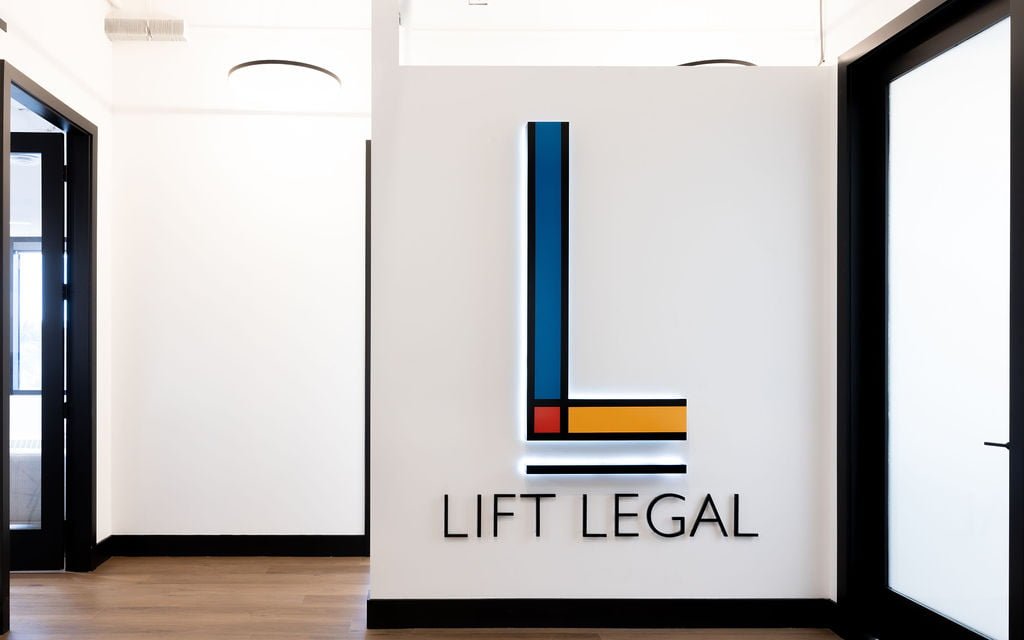Upon the breakup of a relationship, one or both partners may be entitled to claim spousal or partner support from the other. Providing financial support after separation is primarily intended to alleviate financial hardship and to help financially dependent partners become financially self-sufficient within a reasonable timeframe.
However, a partner is not automatically entitled to spousal/partner support and several factors must be considered to determine if spousal/partner support should be paid. These factors may include:
- The length of time the partners have cohabitated;
- The role of each partner during the relationship;
- The ongoing responsibilities for care of the child(ren);
- Any agreements or arrangements already made about spousal/partner support; and
- The financial circumstances of each partner.
When evaluating an individual’s “financial means and needs,” income is a factor. If, for example, there is a significant income discrepancy between the parties, the higher-earning partner may be ordered to pay some degree of spousal support. This often arises when, during the course of a relationship, one partner stays at home for the benefit of the children and the household. Upon the breakdown of the relationship, the individual who has not been employed and is unable to financially provide for themselves will often be entitled to spousal/partner support from their partner who was able to work.
On the other hand, when both parties earn similar incomes – whether high or low – and neither is claiming special or extraordinary expenses (such as childcare costs), spousal support is often not payable.
It is interesting to note that unlike with child support, it is always open to the partners of the relationship to waive a right to claim spousal support. This sometimes occurs when the preference is to terminate all financial ties with one another and have a “clean break.”
Having a Family Lawyer well versed in Spousal Support Law can help you to understand your spousal support rights or responsibilities. Our Family Law Team, at Lift Legal, is happy to assist you with this.













